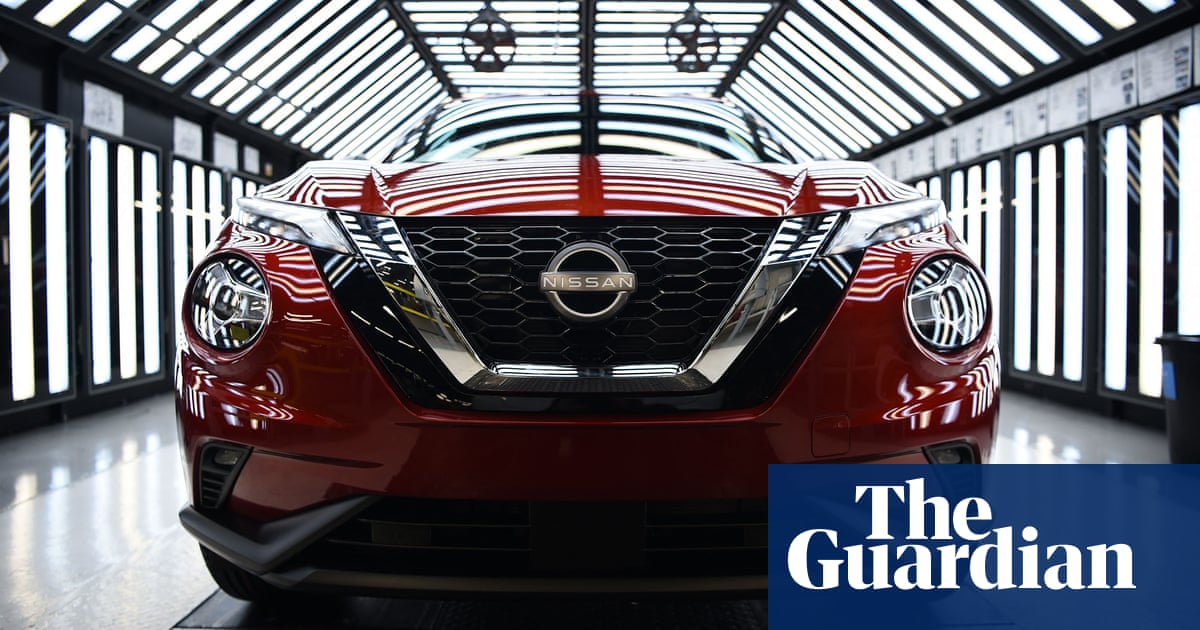
Electric cars are used for fewer than one in every 20 miles driven by Uber drivers in major European cities, according to data that suggest the taxi app company must drastically accelerate its drivers’ take-up of zero-emissions vehicles to meet its environmental targets.
Uber pledged last year that 50% of miles driven in seven European capitals by the end of 2025 will be in battery electric cars. The vehicles produce zero exhaust emissions, helping to address the impacts on health and the climate caused by urban transport.
There were stark divergences among different European capitals. The usage of electric cars ranged from 9% of miles driven in Lisbon, to 6% in London and Amsterdam, and only 0.01% in Brussels, according to internal Uber data shared with Transport & Environment (T&E), a thinktank. The other laggards were Madrid, at only 0.15% of miles, Berlin at 0.55% and Paris at 1%.
However, Uber’s data showed rapid increases in electric miles in some cities. In London only 1.6% of miles driven were electric in the first half of 2020, meaning the share more than tripled in the year since. In Berlin the share of electric miles fell during the same period.
Uber faces a difficult task in electrifying quickly because the cars are bought by drivers. On Wednesday it announced that London Uber drivers could put money raised via the app’s clean air fee towards buying Tesla electric cars, adding to similar programmes giving discounts on Nissan, Kia and Hyundai electric cars.
T&E said the divergent paths taken by different cities highlighted the need for local and national regulations to promote electric cars.
Saul Lopez, electric fleets programme manager at T&E, said:
“Uber should be doing more but so should governments. In Amsterdam and London it’s cleaning up its fleet faster because the authorities have set up electrification mandates and effective ultra-low emissions zones.”
Uber, headquartered in San Francisco, introduced its 2025 target following criticism of its environmental credentials, along with rivals such as Bolt and Lyft. Uber is aiming for 100% electric cars worldwide by 2040.
A taxi ride generally uses more energy than the same trip via public transport, although Uber and other ride-hailing companies argue they will contribute to lowering emissions through a more efficient transport system.
Anabel Diaz, a regional general manager for Uber, backed the call for government action to promote the use of electric vehicles.
She added: “These first steps towards our ambitious electrification commitments were always going to be the most challenging given the pandemic, but drivers in Europe are switching to EVs well ahead of the average European consumer.”












